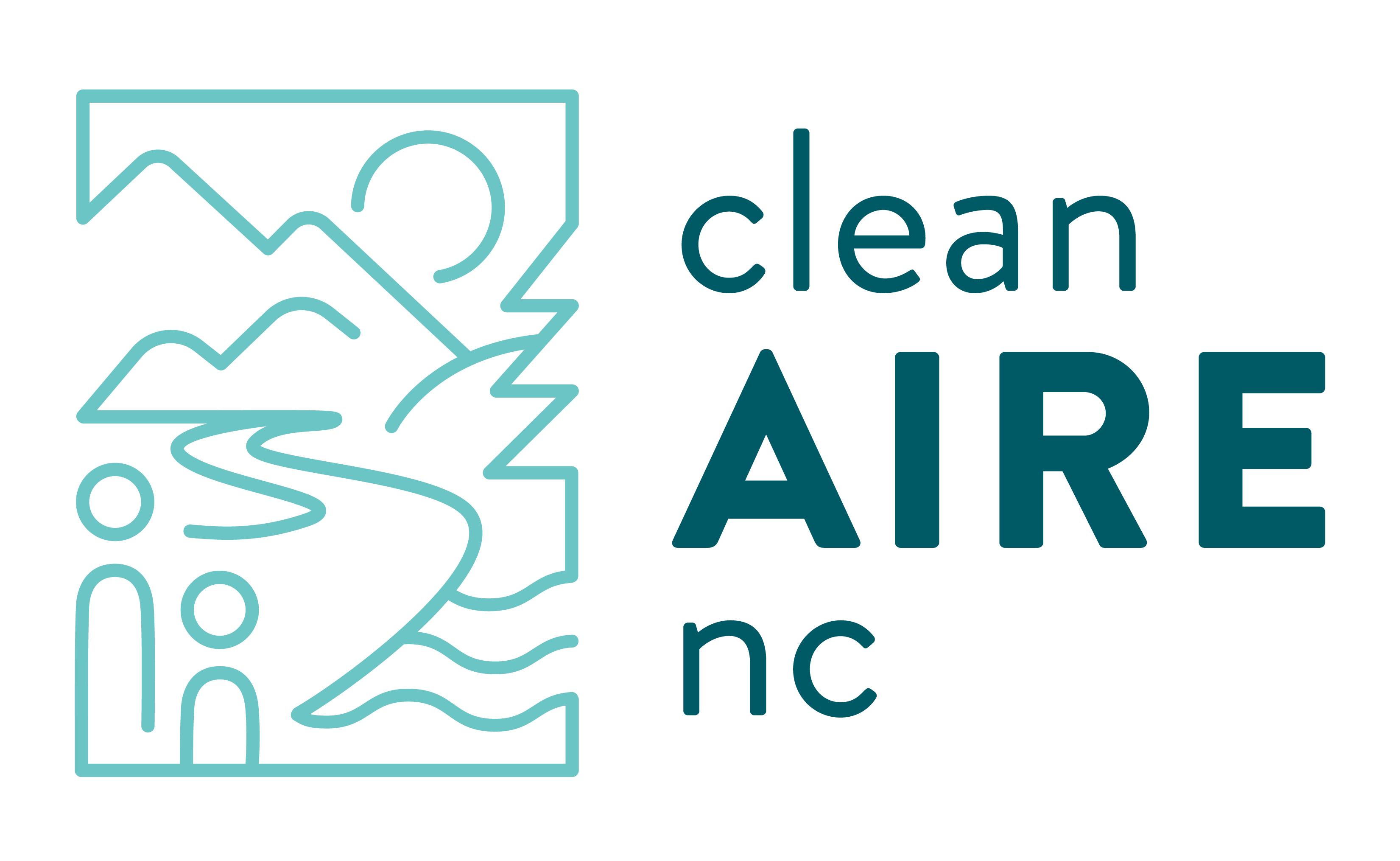The Path to a Fossil-Free NC
In October 2021, the North Carolina General Assembly and Governor Cooper signed a new energy bill into law. The new law called on the North Carolina Utilities Commission (NCUC) to develop a carbon plan for the state by the end of 2022 that would reduce carbon dioxide emissions to 70% below 2005 levels by 2030 and achieve carbon neutrality by 2050.
This legislation provided an opportunity for the state’s energy regulators to embrace renewable energy, leave fossil fuels in the past, and put equity at the forefront. Unfortunately, they failed to rise to the occasion — but the fight is far from over. We need you to get involved and make sure North Carolina achieves the clean energy future we need.
Our Vision
We envision a North Carolina centered on anti-racist energy policies that are determined democratically, with democratic accountability at all levels of government.
We envision a North Carolina that is fossil fuel-free and powered by renewable energy, with a clean energy economy where workers are free to unionize, valued for their work, and guaranteed a living wage irrespective of their occupations or employers.
A carbon plan in the public interest would...

Be the Responsibility of the North Carolina Utilities Commission
The law states clearly that the carbon reduction goals, and the plan that dictates how Duke Energy will achieve them, are the responsibility of the North Carolina Utilities Commission (NCUC). This is important to ensure that the carbon plan represents the interests of North Carolina citizens, not Duke Energy’s investors.

Center Stakeholder Feedback
Every North Carolina city, business, and household will be impacted by the design of the carbon plan. They all deserve to make their voices heard and share their valuable input. The process should be transparent and accessible for all, with an explicit focus on environmental justice.

Establish comprehensive metrics for success
The carbon plan must outline a clear and transparent method for identifying carbon dioxide equivalent emissions from electric generating facilities and measuring reductions on an annual basis. Reports on plan goals must be released annually to the public with a complete inventory of system emissions included.

Reflect Work From the Previous Energy Plan Process
Throughout 2019 and 2020, North Carolina conducted a clean energy stakeholder process that produced the NC Clean Energy Plan (CEP), the Power Sector Carbon Reduction report, and the North Carolina Energy Regulatory Process (NERP) report. Many local governments, nonprofit organizations, academic institutions, and subject matter experts contributed to that process, analyzing a variety of policies that could accelerate decarbonization. The carbon plan should, at a minimum, acknowledge and evaluate emissions scenarios that would result from adopting the policies examined during the CEP process.

Maximize Near-Term Deployment of Renewable Resources and Storage

Set an Ambitious Timeline for Closing Coal

Allow No New Gas

Capture Maximum Benefits of Customer-Owned Resources
Lead to Fair and Affordable Rates

Address Historic Harms from Fossil Fuels and Dirty Energy

Build Climate Resilience













